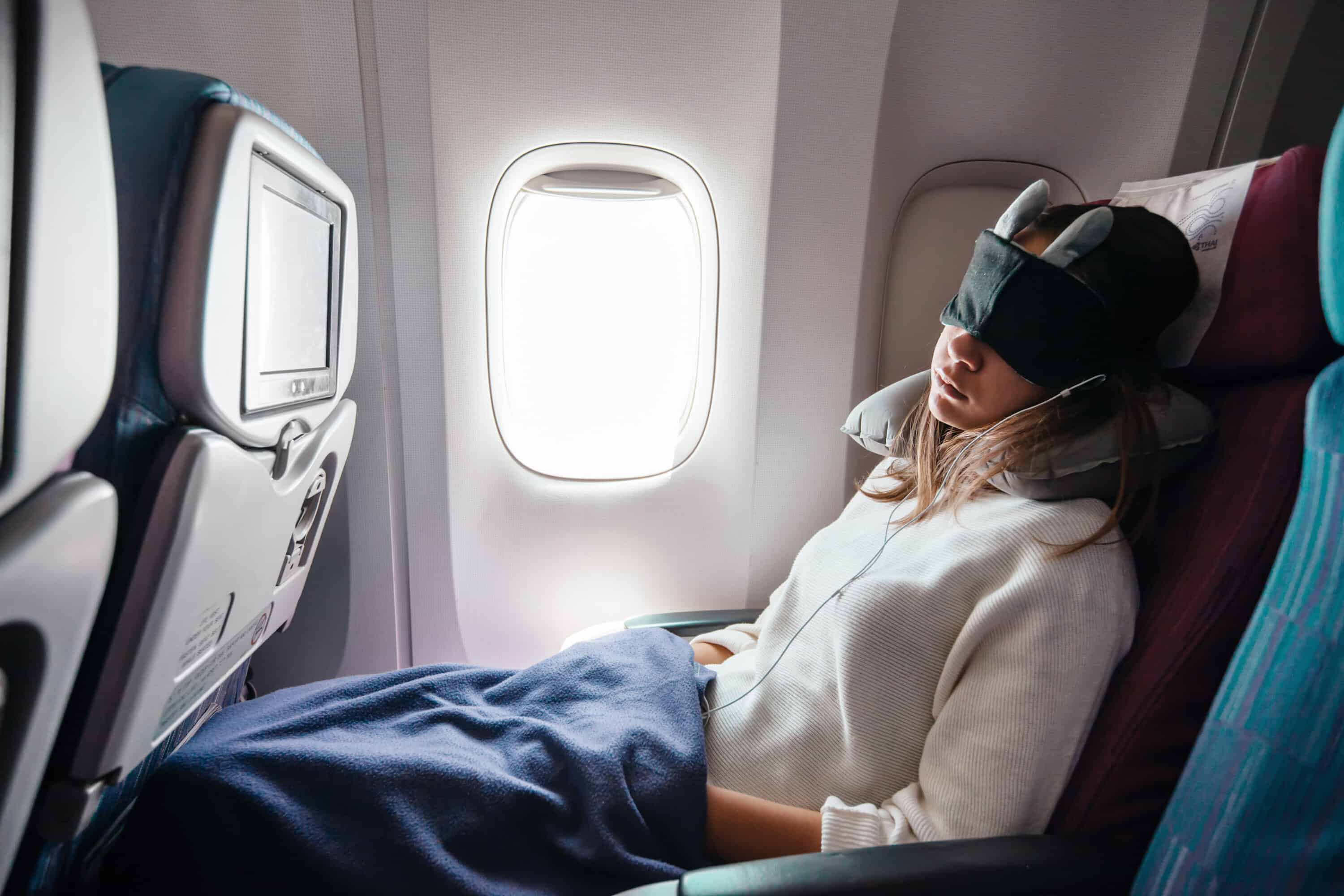Traveling across multiple time zones can be thrilling, but it often comes with an unwelcome companion: jet lag. That groggy, disoriented feeling can make the first days of your trip feel like a challenge rather than an adventure. Fortunately, there are practical ways to adjust faster and minimize jet lag so you can make the most of your journey.
1. Understand What Jet Lag Is
Jet lag happens when your internal body clock, or circadian rhythm, is out of sync with the local time at your destination. Symptoms include fatigue, difficulty concentrating, headaches, and digestive issues. The more time zones you cross, the more intense the jet lag can be. Understanding this helps you prepare mentally and physically before your trip.
2. Plan Ahead: Shift Your Schedule
A few days before your flight, try gradually adjusting your sleep schedule to match your destination. If you’re traveling east, go to bed and wake up earlier; if traveling west, go to bed and wake up later. This small adjustment can make a big difference once you arrive.
3. Stay Hydrated and Eat Light
Air travel can dehydrate your body, which worsens fatigue and headaches. Drink plenty of water before, during, and after your flight. Avoid excessive alcohol and caffeine—they might seem like energy boosters, but they can disrupt sleep and make jet lag worse. Eating light, balanced meals also helps your body adjust.
4. Use Light Exposure Strategically
Light is a powerful tool for resetting your internal clock. Spend time outdoors in natural sunlight to help your body adapt to the new time zone. Morning light helps if you need to wake up earlier, while evening light can delay your body clock if you need to stay awake later.
5. Move Around During Your Flight
Long flights can leave you stiff and more fatigued. Walk around the cabin, stretch, or do light exercises in your seat. This improves circulation, reduces swelling, and helps you feel more energized upon arrival.
6. Nap Wisely
Short naps (20–30 minutes) can give you a quick energy boost without interfering with your ability to sleep at night. Avoid long naps that might keep you awake when you want to adjust to the new time zone.
7. Consider Sleep Aids Carefully
If you struggle to sleep on the plane or at your destination, natural sleep aids like melatonin can help reset your internal clock. Use them sparingly and follow dosage instructions. Avoid heavy medications unless prescribed by a doctor.
8. Give Yourself Time to Adjust
Even with all these strategies, your body might still need a day or two to fully adapt. Be patient, plan light activities on your first day, and listen to your body.
Bottom Line
Jet lag doesn’t have to ruin your trip. By planning ahead, staying hydrated, using light strategically, and pacing yourself, you can reduce its effects and enjoy your new destination from day one. A little preparation goes a long way toward traveling smarter, not just farther.



